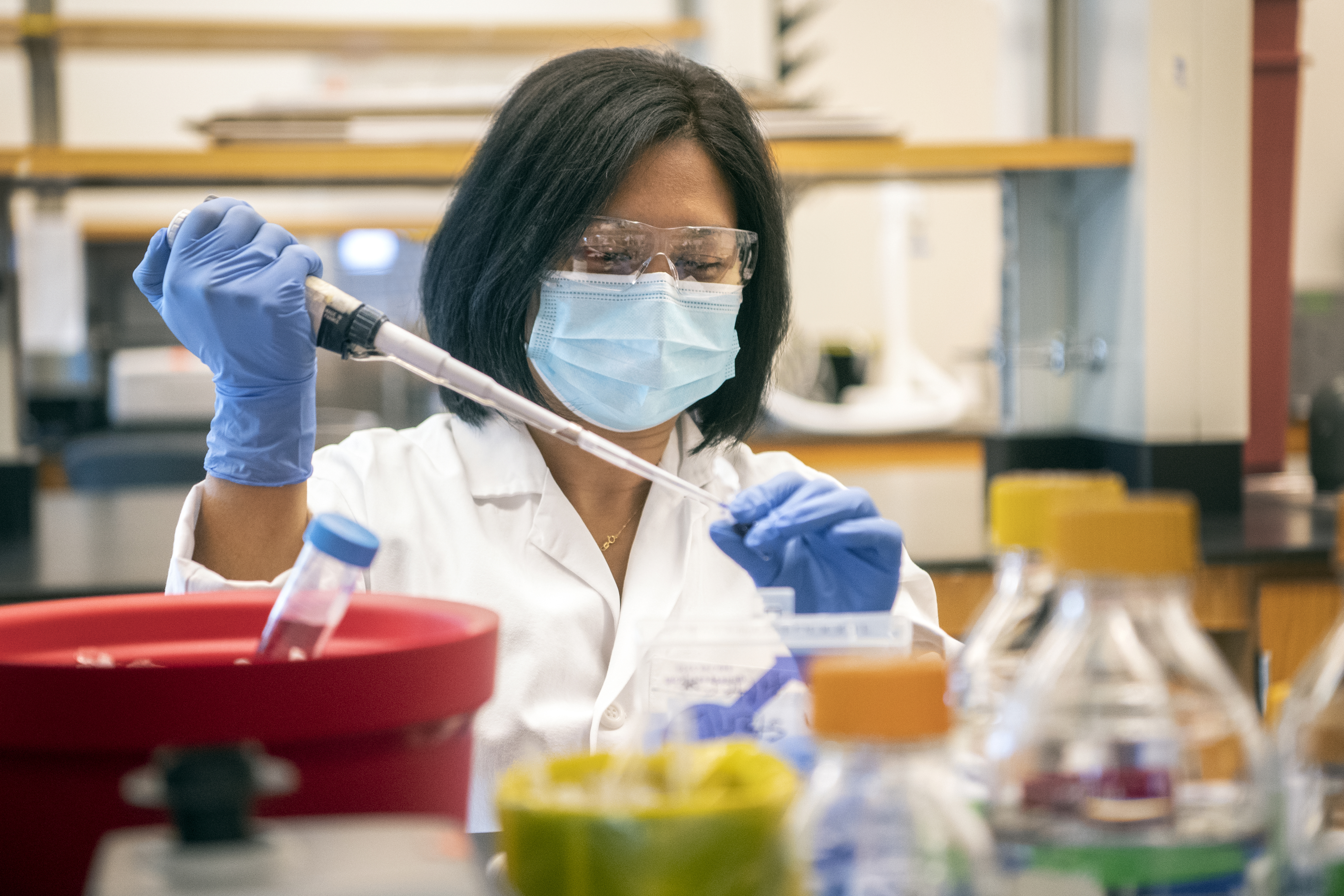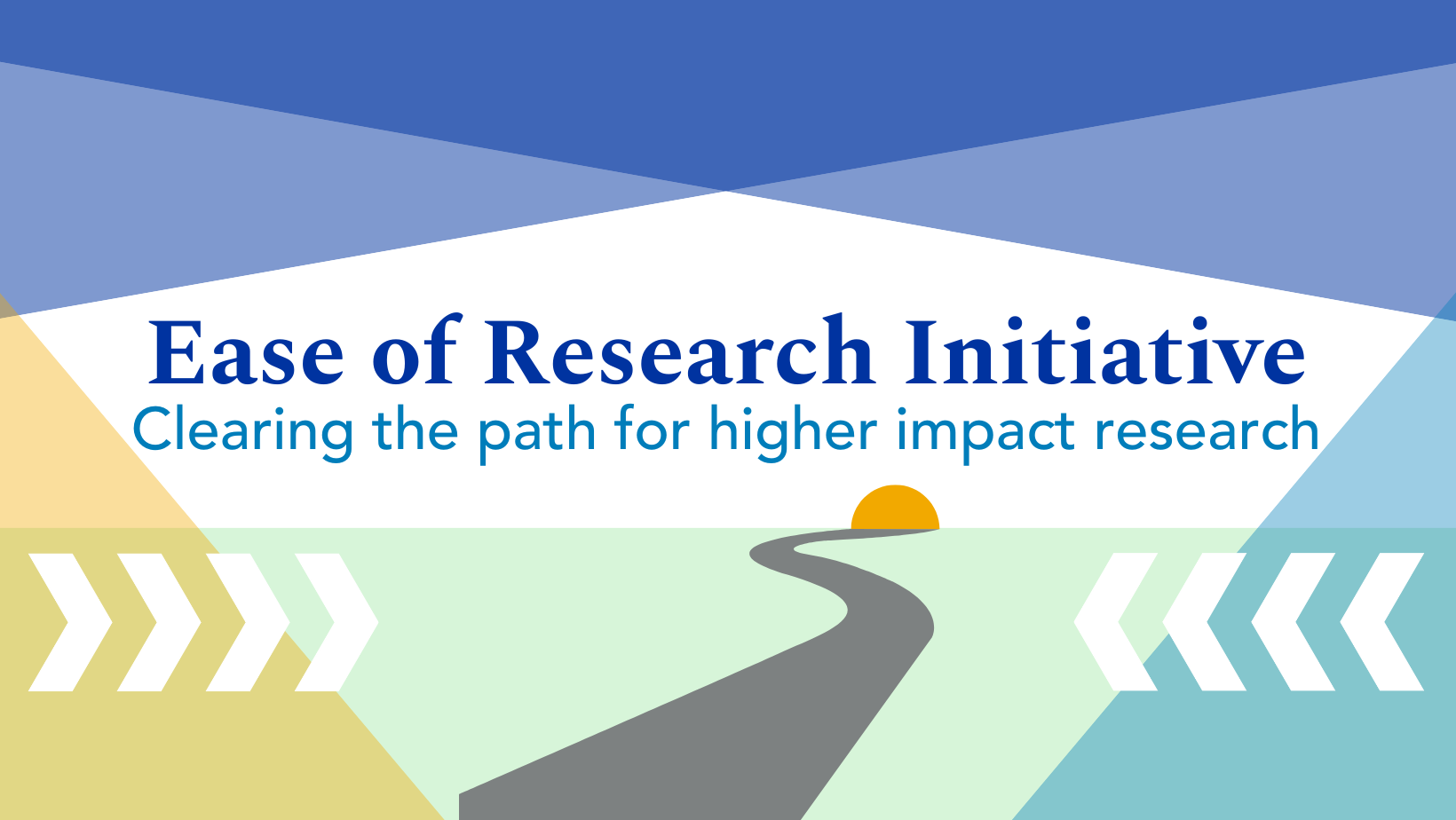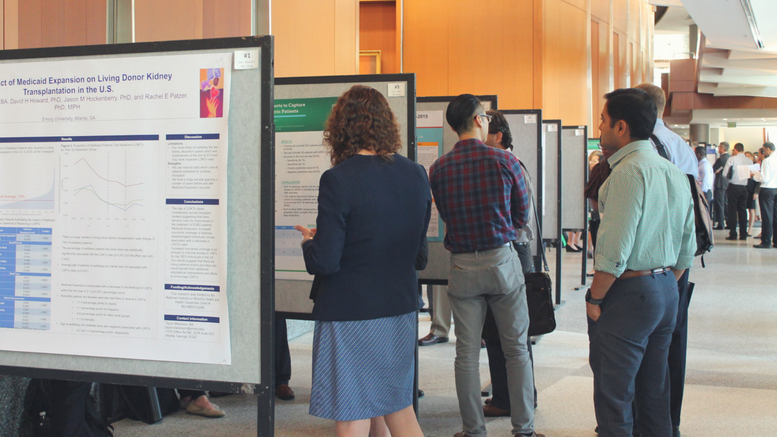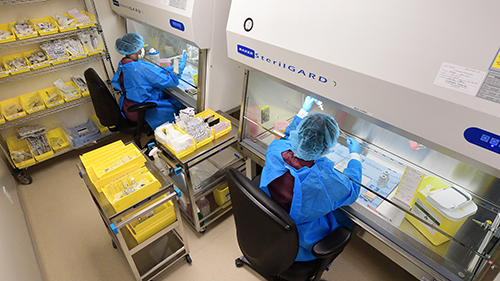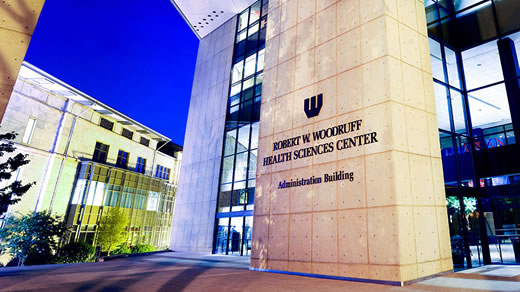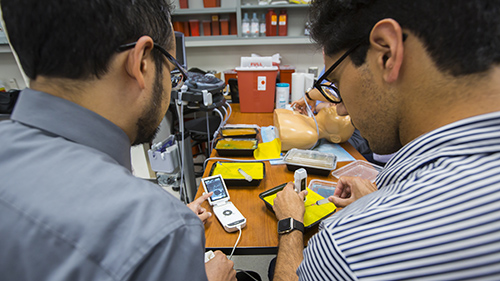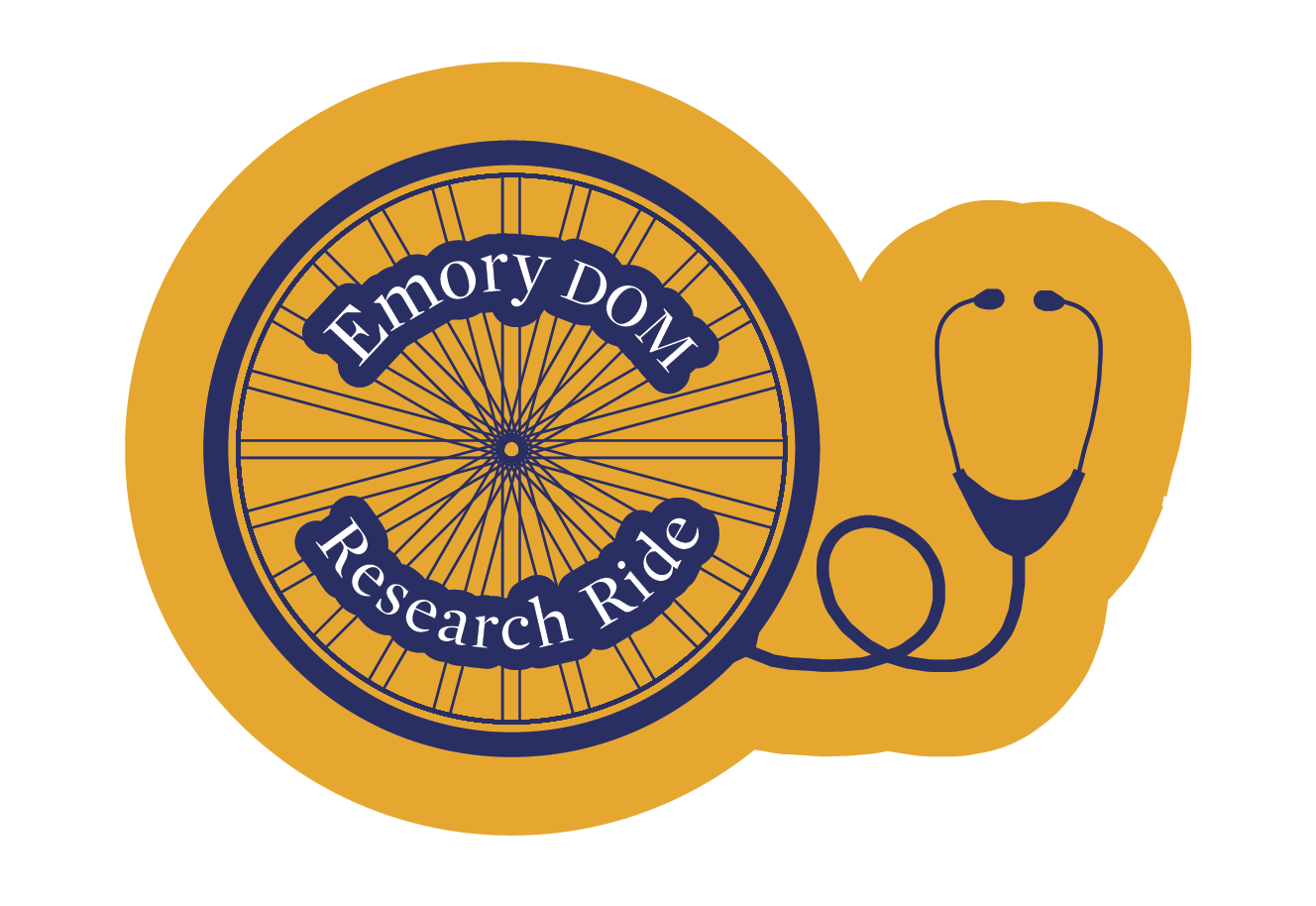Department of Medicine researchers and clinicians work side-by-side to address fundamental problems in human disease. Their collaborative efforts enable them to take mechanistic discoveries to preclinical testing and first-in-man clinical trials. Cross-cutting programs include regenerative medicine, vaccine testing and development, immunology and inflammation, outcomes and health services research, and the molecular basis of disease.
Support for Researchers
The Department of Medicine offers services and resources for investigators, including funding opportunities, training programs, and more.
We also offer event programming designed specifically for investigators at all stages of their research careers.
FY24 Research by the Numbers
Clinical Trials
We are proud to offer a large number of clinical trials for patients and potential patients.
Explore Research by Division
The Department of Medicine's ten divisions have funded investigators who study clinically relevant questions from all perspectives.
Research Centers and Institutes
We operate world-renowned research centers for basic, translational, and clinical research related to physiology, therapeutics, and diseases pathogenesis.


